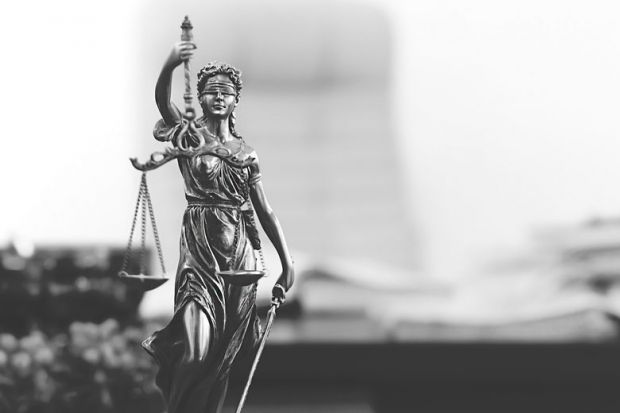We live in the age of the super-hack. Barely a week goes by without some treasure trove of information being stolen and released by a group with a silly name.
The most recent example is the leak of medical data relating to so-called therapeutic-use exemptions by athletes. From cyclists to rowers to runners, a host of Olympians have been identified as having used drugs on medical grounds that would normally be banned.
On one level, this information (hacked by a Russian group calling itself Fancy Bears, following the decision to ban Russian athletes for state-sponsored doping) is not terribly exciting.
If permission was granted to use potions and lotions, then their use was allowed.
But as is often the case with ethics, the leak has highlighted the wide spectrum of grey that lies between black and white, and contributed to what can seem like an intravenous drip of insinuation that everyone is crooked.
Sport is not alone in facing issues that threaten to erode hard-won credibility. In a recent interview with Times Higher Education, Jeremy Berg, the new editor-in-chief of the journal Science, expressed concern about the rejection of science by parts of the public.
This “crisis in public trust”, he said, was evident in the fact that, in the US, “scientists have been labelled as another special interest group”.
Berg argued that scientists had been “guilty of behaving in some ways of making this stick more than it needs to”, citing a tendency in some cases to overhype early results and to blur the line between the conclusions of research and policy prescriptions.
More stark are the inevitable cases of research misconduct, from relatively contained journal retractions to high-profile scandals. An extreme example of the latter is the situation engulfing the Karolinska Institute, which has involved both patient deaths and the sacking of Nobel prize judges.
There are also broader scandals that have arguably eroded faith in whole disciplines. The clearest example is psychology, which has had a series of fraud cases and a torrid time over reproducibility (the Netherlands, where the most egregious scandals took place, has now committed €8 million to addressing the problem).
In our features pages this week, we pick up on another reputational issue for psychology – that of its entanglement with the torture scandal involving the Central Intelligence Agency and the National Security Agency.
These are muddy waters indeed, although a modicum of clarity was brought to the situation by an inquiry launched by the American Psychological Association into its own ethics guidelines and practices (the report found that the association’s ethics office “prioritized the protection of psychologists – even those who might have engaged in unethical behavior – above the protection of the public”). Once again the result of a scandal such as this is a net loss in public trust – not only in psychology and psychologists, one suspects, but in universities and research more generally.
Forget 50 shades of grey – ethical issues come in far more hues. But complex as they may be, the brutal truth is that the court of public opinion tends to operate in black and white. A demonstrable commitment to principle is the only reliable defence, even if that means a short-term reputational or productivity hit as poor practice and bad apples are weeded out.
POSTSCRIPT:
Print headline: Held to a higher standard
Register to continue
Why register?
- Registration is free and only takes a moment
- Once registered, you can read 3 articles a month
- Sign up for our newsletter
Subscribe
Or subscribe for unlimited access to:
- Unlimited access to news, views, insights & reviews
- Digital editions
- Digital access to THE’s university and college rankings analysis
Already registered or a current subscriber? Login



